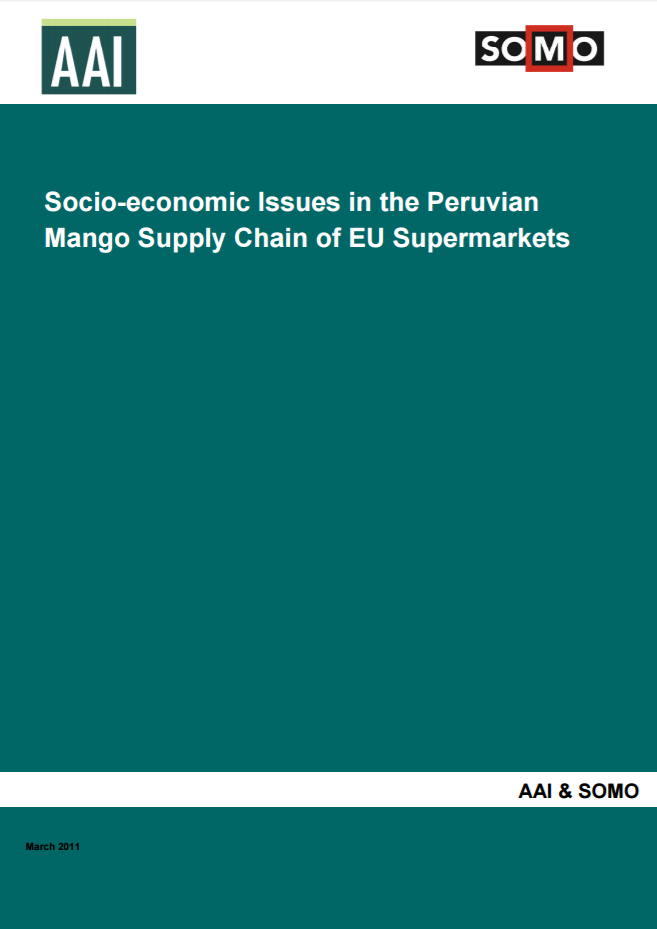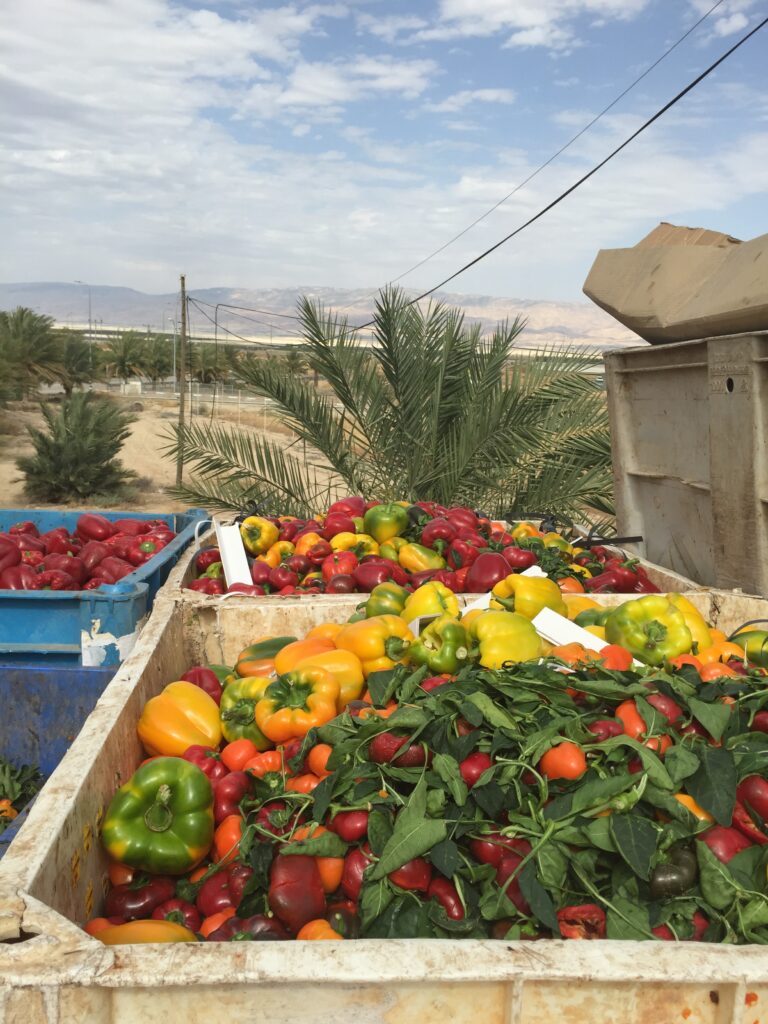
Goodness guaranteed
New study on impact of sustainability certification on labour conditions of farm workers
Increasingly popular and widely implemented sustainability certification schemes like Rainforest Alliance or UTZ Certified aim to improve the working conditions of workers on farms in developing countries producing food for Western markets. New research shows that sustainability certification indeed benefits workers, but that working conditions on certified farms are not yet on a par with internationally agreed standards.
This report is the first comprehensive and independent study on the impact of sustainability certification on working conditions on large farms.
Field case studies for this report in Kenya and Indonesia find that workplace conditions are generally better at certified companies than at non-certified companies. However, the study’s extensive literature research shows that agricultural workers on 70 sustainability certified farms in 13 different developing countries complain that up to six of their key workplace rights simultaneously are not yet respected. Most notably, many farm workers still struggle with low wages, are not free to join trade unions, have no protective gear to do their work safely and are exposed to discrimination.
Violations
The way labour rights are included in the different codes is likely to play a role in the number of violations that are reported by workers on certified farms. Fewer violations originate from farms certified by sustainability certifications with relatively more elaborate and stringent labour right provisions (e.g. Fairtrade, MPS-SQ) compared to those with relatively weaker standards (e.g. RSPO, UTZ Certified, SA8000, Rainforest Alliance).
Undermining positive impacts
Researcher Sanne van der Wal: “the oversight of compliance with labour rights on farms is flawed for at least five important sustainability certifications. Also, many workers simply are not aware of the type of certification that applies to their workplace, nor what this entails for them. These are issues that sustainability certification schemes need to address as it undermines the positive impact they aims to achieve. They also should consider improving their labour right codes which sometimes are too rudimentary and inexplicit, and hence open to loose interpretation.”
The study further shows that working conditions in certified production of tea in India and bananas in Costa Rica and are especially problematic – the exact cause of which needs to established in further research.
Do you need more information?
-

Sanne van der Wal
Senior Researcher
Related content
-

-
 Sanne van der WalPosted in category:Publication
Sanne van der WalPosted in category:Publication Sanne van der Wal
Sanne van der Wal
-
 Supermarkets violate international standards and are linked to human rights violationsPosted in category:NewsPublished on:
Supermarkets violate international standards and are linked to human rights violationsPosted in category:NewsPublished on:

